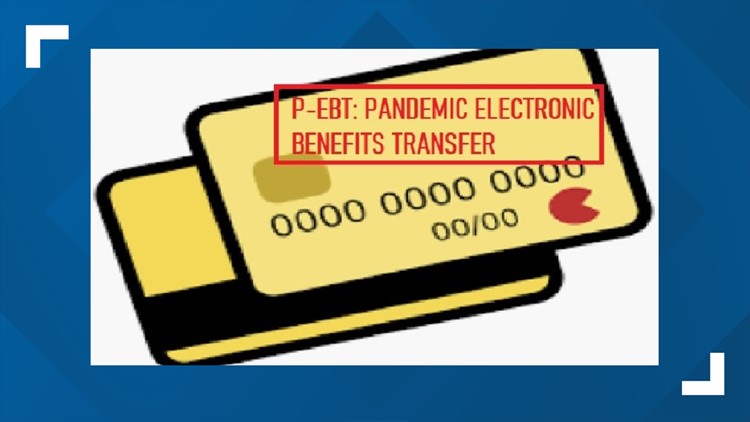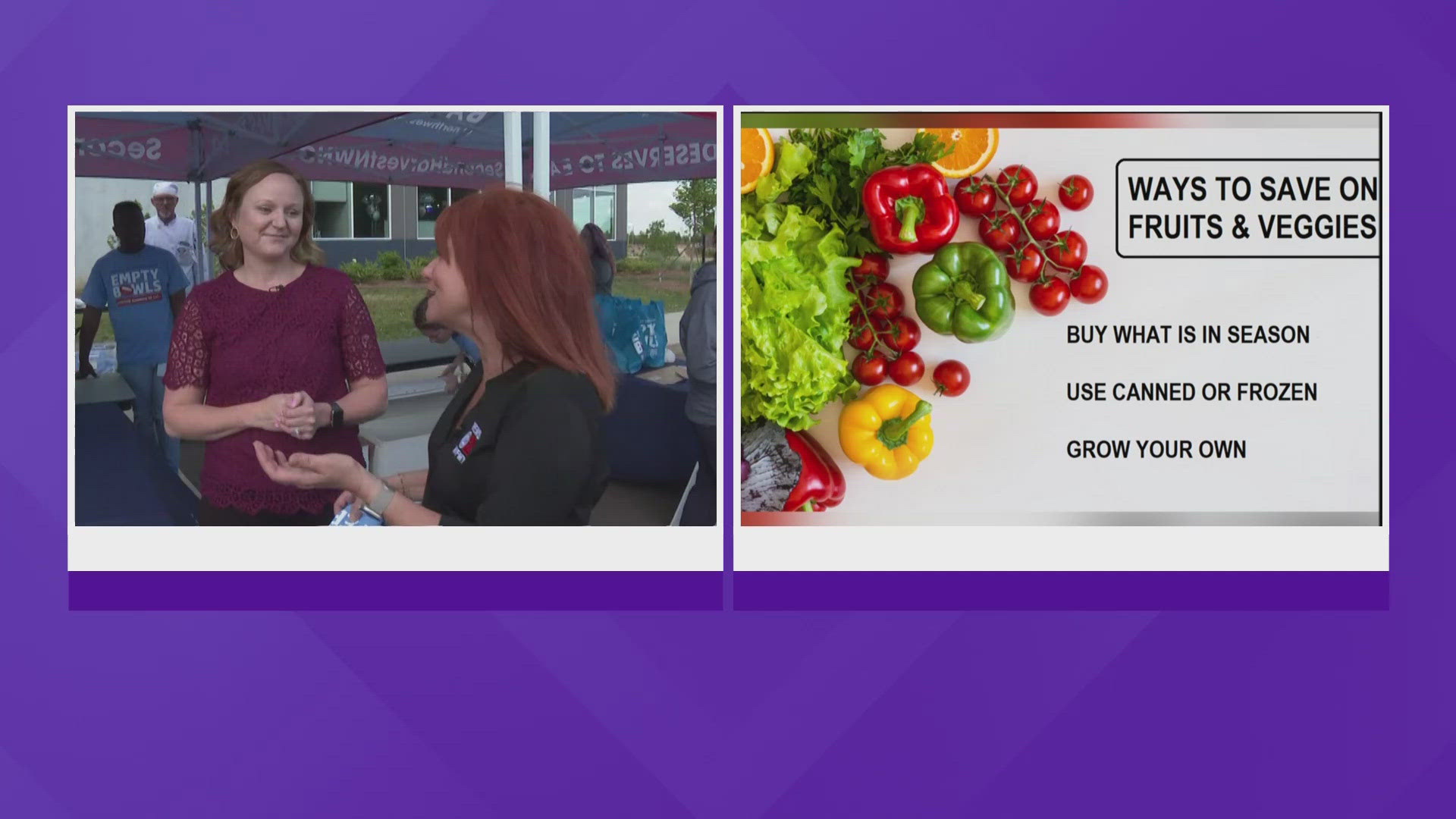GREENSBORO, N.C. — A lot of Triad families have struggled financially during the COVID-19 pandemic, but some may soon be receiving a little bit of relief.
Benefits from North Carolina's Pandemic Electronic Benefits Transfer (P-EBT) program will start getting distributed this March. Families can take advantage of help with rent thanks to the state's Housing Opportunities and Prevention of Evictions (HOPE) Program
2 Wants to Know's Tanya Rivera spoke with Carla West with the Division of Social Services and Haley Pfeiffer-Haynes from the North Carolina Department of Recovery and Resiliency to answer your questions about P-EBT.
Who is eligible for P-EBT?
The North Carolina Department of Health and Human Services said to be eligible, students must meet two requirements:
1) The student must be enrolled in a school that participates in the National School Lunch Program.
2) The student must be eligible for free or reduced-price meals at school.
Do you have to apply for P-EBT?
No, NC DHHS said families will automatically receive benefits if their student qualifies for the program.
Your benefits will be sent to an EBT card. If you already have an EBT card, the benefits should show up automatically. If you don't have an EBT card, you should be receiving one in the mail.
If you're getting a new EBT card, you can activate the card online at www.ebtedge.com.
When will you start receiving P-EBT?
NC DHHS said benefits will start going out this March. Recipients will get money retroactively, meaning you'll receive benefits a month late. So, January and February's benefits are coming to you in March, which means March's benefits will come in April, April's benefits will come in May and so on.
Have more questions?
You can call the NC EBT Call Center number: 1-866-719-0141
Right now, all the HOPE Program money has been spoken for. But HOPE Program advisors said they will be taking applications again for new payments. 2WTK will be keeping you updated.
New self-service portal for HOPE participants
In order to streamline the collection of required information for awards to be sent, such as landlords’ e-mail addresses and updated utility bills, the HOPE Program is launching a self-service portal for applicants to upload information from their phone, laptop, or computer.
As of January 22, 2021, the HOPE Program enacted new rent assistance policies that allow the automation of rent awards. Approximately 12,400 new rent awards for $57.5 million were generated as a result of the new policies, which were developed with the dual goals of speeding up rent assistance and attracting greater landlord participation. Some of the major policy changes are:
- Employing a formula-based approach for rent awards
- Using the county median rent for a two-bedroom rental unit as calculated by HUD (50th Percentile Rent Estimate), rounded up to the next $10 for the amount of allowable monthly rent amount, multiplied by a number that includes payments for November and December 2020 and January 2021, and the number of months since April 1, 2020, that were late when the renter applied, not exceeding 6 months.
If there is an overpayment of monthly rent due to this formula, excess amounts must first cover the arrears accrued since April 1, 2020, that are owed to the landlord.
If the amount of the payment results in additional funds remaining after arrears are covered, the landlord must credit the remaining amount of funds to future rent.
The landlord must not evict during the time rent assistance is provided, plus 60 days from the signature of the LTA, as well as any credited time that exceeds the 60-day period.



